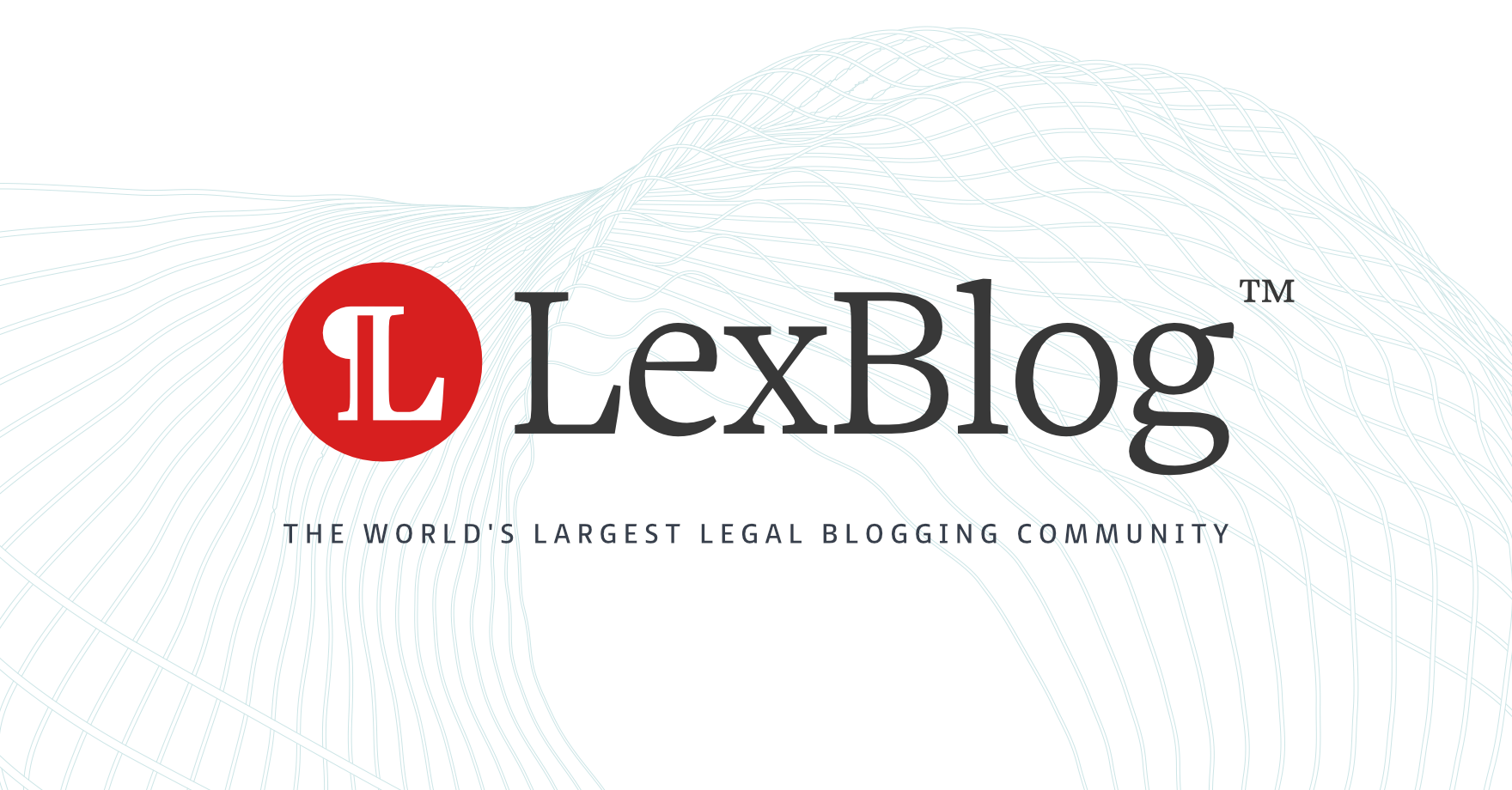
Here are some of the regulatory developments of significance to broadcasters from the past week, with links to where you can go to find more information as to how these actions may affect your operations.
- The FCC’s Notice of Proposed Rulemaking (“NPRM”) looking to enhance the security of the Emergency Alert System (“EAS”) and Wireless Emergency Alerts (“WEA”) was published in the Federal Register this week. That publication sets the deadlines for public comment as December 23, 2022, for comments and January 23, 2023, for replies. The FCC seeks comment on, among other things, whether to require EAS Participants (including broadcasters) to report to the FCC incidents of unauthorized access to EAS equipment within 72 hours of when the participant knew or should have known that the incident occurred, and whether EAS Participants (including broadcasters) should be required to submit an annual cybersecurity certification that demonstrates how the participant identifies the cyber risks that it faces, the controls it uses to mitigate those risks, and how it ensures that these controls are applied effectively. We wrote more extensively about this proceeding on our Broadcast Law Blog.
- The FCC’s Wireless Telecommunications Bureau and Office of Engineering and Technology jointly issued an Order granting an extension of the comment and reply comment deadlines for the FCC’s Notice of Inquiry on how to encourage more efficient and intensive use of the 12.7-13.25 GHz band. Licensed services in the 12.7 GHz band which might be affected by any changes in the use of this spectrum include satellite communications and mobile TV pickup operations. Comments are now due December 12, 2022, and reply comments are now due January 10, 2023. For background on this proceeding, see our notes about previous steps in this proceeding in our articles here and here.
- In a decision regarding the sale of radio stations by Univision Radio to Latino Media Network, the Audio Division of the FCC’s Media Bureau discussed the FCC’s longstanding prohibition on the seller of a broadcast station retaining a “reversionary interest” in the station it is selling. In this case, FCC staff found that the intent of the buyer to enter into a Local Marketing Agreement by which the seller would program some of the stations after closing was not a reversionary interest, because the buyer was free to make post-closing programming decisions for the stations by retaining ultimate control over the programming and station operations, including whether or not to enter into the LMA. Had the LMA been a condition of the sale required by the seller, or had it served as partial consideration to the seller for the sale, the FCC suggested that it would have violated the prohibition against revisionary interests. For further information about this case and the FCC’s prohibition on reversionary interests, and the impact that this prohibition has on broadcast financing, see our article here.
- A list of proposed changes in the city of license of a number of broadcast stations was published in the Federal Register, setting the date for the filing of any objections to these proposed changes. The proposed changes listed in the publication are: KOLT(AM), from Terrytown, NE, to Lexington, NE; WWLX(AM), from Lawrenceburg, TN, to Loretto, TN; KRXR(AM), from Gooding, ID, to Filer, ID; KABV(FM), from Premont, TX, to Ben Bolt, TX; KAMZ(FM), from Tahoka, TX, to Ropesville, TX; KQXZ(FM), from Richland Springs, TX, to Adamsville, TX; WKIH(FM), from Vidalia, GA, to Twin City, GA; KSZX(FM), from Santa Anna, TX, to Menard, Tx; and KTCY(FM), from Menard, TX, to Wall, TX. Comments on these proposals are due to be filed at the FCC by January 27, 2023.
Courtesy Broadcast Law Blog


